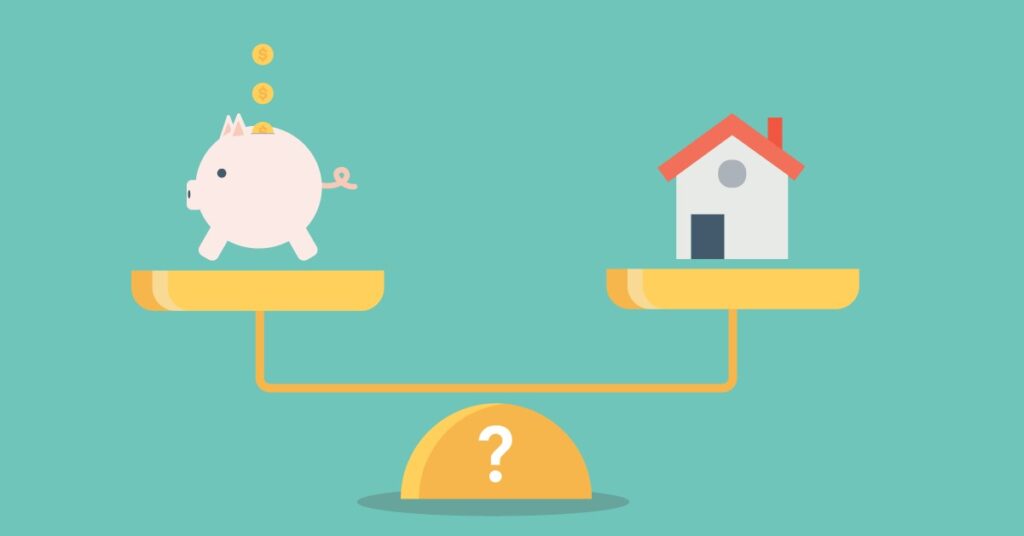What should you focus on this tax season: your mortgage or your RRSP
February 23, 2023
This Guest Blog Brought To You By: Maryann Chase, TMG Mortgage Group
Now that the holidays are behind us, we’re quickly approaching the next period that brings our finances into focus—tax season.
A common question I receive from homeowners is, should I put money in my RRSP (Registered Retirement Savings Plan) or use it to pay down my mortgage?
Because everyone’s situation is so unique, there’s really no one-size-fits-all answer. With all the changes in the economy, cash flow may be tighter these days and this may not be on your radar at all, but if you do have some additional funds, here are some considerations and benefits of each strategy to help make your decision.
Paying down your mortgage:
By either making a lump-sum payment or by increasing your regularly scheduled payments, you will reduce your overall interest and shorten your amortization period, meaning you’ll be mortgage-free sooner.
Contributing to your RRSP:
This will increase your nest egg, which can grow tax-free to generate income in retirement, plus, depending on your personal situation, may reduce your tax bill or result in a tax rebate.
So, where should you put any additional funds? Here are some considerations:
Interest rates:
One of the key considerations is the rate of interest you’re paying on your mortgage compared to the expected rate of return on your RRSP investments. Mortgage rates are currently at multi-year-highs, and many with variable-rate mortgages have already had to increase payments. If you’ve currently got a lower fixed rate from 18 months ago, for example, it may make sense to put those excess funds somewhere with a greater rate of return than your interest rate. That said, if you’re concerned about interest rates being higher when you renew and payments jumping, then reducing the amount you owe with a lump sum may help reduce the possible payment increase at renewal.
Tax considerations:
Aside from building your retirement savings, RRSP contributions are beneficial in lowering your taxable income, especially if you’re in a higher tax bracket. While these added savings can help grow your retirement nest egg over the long term, it’s important to review with me or your financial advisor in advance as RRSPs are not easily withdrawn, and there may be implications if they are.
Additional debt:
If you’re carrying higher-interest debt, such as credit card balances, a better option may be to eliminate those debts before considering either mortgage or RRSP contributions.
Your age:
If you’re at the age where you’re approaching retirement, it may make sense to speed up your mortgage repayment so you can eliminate that monthly expense before retiring. If you’re younger, it may make more sense to maximize your RRSP contributions to take advantage of a longer investment timeframe where your savings can grow tax-free.
If you want the best of both worlds, you can also maximize your RRSP contribution and if you’re fortunate enough to get a tax refund you can put the resulting tax refund towards paying down your mortgage.
As I’m sure you gathered, there is no one size fits all approach. It is incredibly important to review these decisions with me and your financial and wealth management team. We can provide you with all the options and any implications they may have to your personal situation. If this is something you’d like to review, please call or email and I’ll be happy to conduct a full review of your financial situation so we can discuss the options that are available.
Maryann Chase
(306) 220-6906
maryann.chase@mortgagegroup.com

